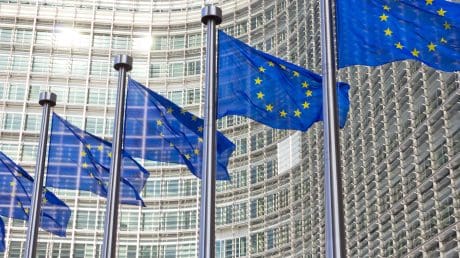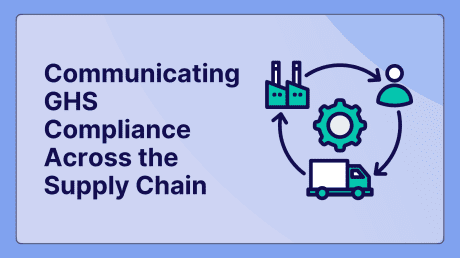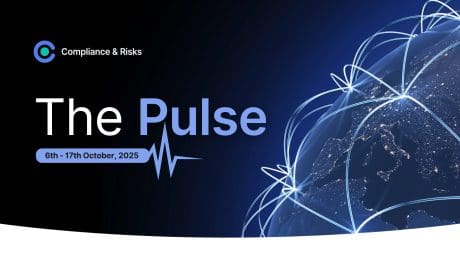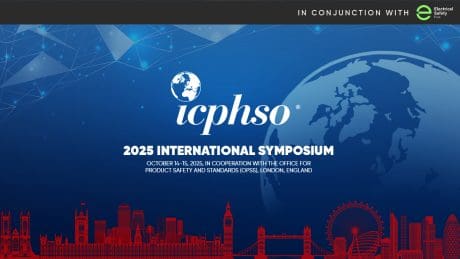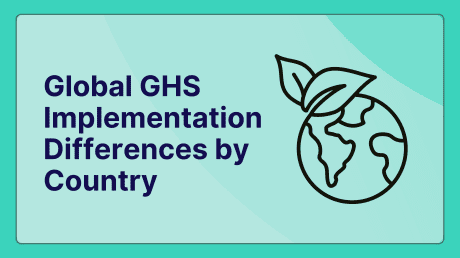
FCC Foreign Adversary Rules: What They Mean for Radio Equipment Importers
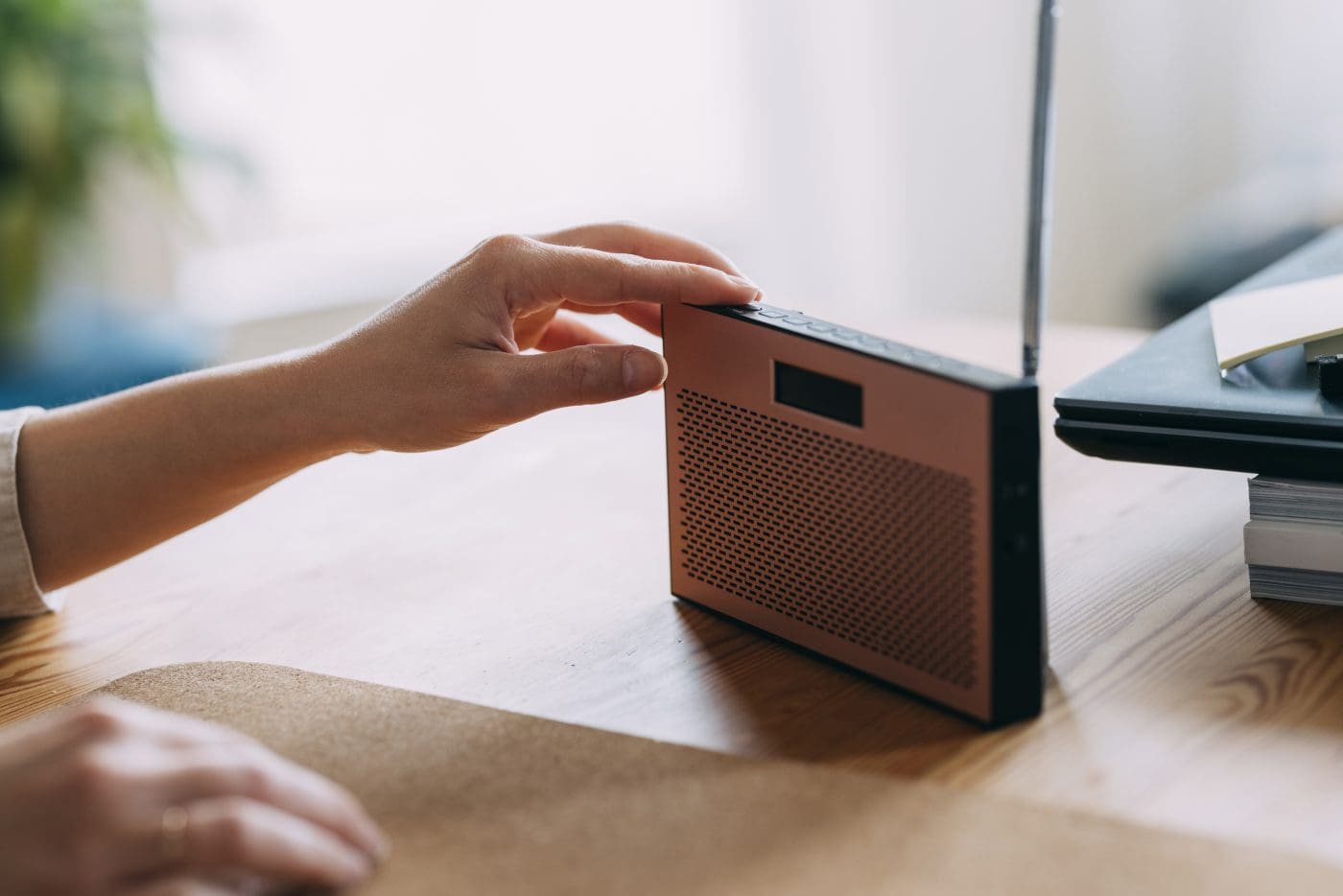
This blog was originally posted on 9th July, 2025. Further regulatory developments may have occurred after publication. To keep up-to-date with the latest compliance news, sign up to our newsletter.
AUTHORED BY AARON GREEN, SENIOR REGULATORY COMPLIANCE CONSULTANT, COMPLIANCE & RISKS
Why Is the FCC Tightening Radio Equipment Import Rules?
On 20 June 2025, the US Federal Communications Commission (FCC) issued a proposal to expand the existing rules related to foreign adversary control over radio communications equipment and services. These updated FCC foreign adversary rules are poised to significantly impact radio equipment import controls and telecom compliance obligations in the United States. Current rules require applicants for equipment authorisation to certify that the equipment is not produced by a foreign entity on the “covered list”. This “covered list” certification requirement will remain unchanged, but it is not clear how the expanded scope of foreign adversary control will affect this certification requirement.
Proposal to Broaden Oversight
The Commission also proposes to go beyond foreign ownership to also cover all regulated entities controlled by or subject to the jurisdiction or direction of a foreign adversary. The Commission’s stated intent is to simplify and clarify the existing rules, but the wide range of possible outcomes raises more questions than it answers.
What Are the New Certification Rules for Radio Equipment Importers?
Certification Requirements and Application Portal
In practical terms, this means that an officer or other responsible party will be required to submit a certification to the Commission that the applicant is or is not owned by, controlled by, or subject to the jurisdiction or direction of a foreign adversary (collectively, Foreign Adversary Control). The Commission hopes to establish an online single portal for this certification.
This change underscores the increasing regulatory burden on radio equipment importers, who must now navigate more complex FCC certification requirements aligned with national security directives and foreign adversary rules.
How Is the FCC Redefining ‘Foreign Adversary’ in These Rules?
Alignment With Commerce Department Lists
The current FCC rules require applicants to certify that the equipment for which they seek authorisation are not produced by companies on the “Covered List”, which includes Huawei and ZTE of China as well as Kaspersky Lab of Russia among others. The proposed rules would expand this definition to be consistent with the Commerce Department’s list of foreign governments and foreign non-government persons designated as foreign adversaries under §791.4 of the Department of Commerce’s rules, which currently lists six foreign governments and foreign non-government persons:
- People’s Republic of China (including the Hong Kong Special Administrative Region and the Macau Special Administrative Region (China))
- Republic of Cuba (Cuba)
- Islamic Republic of Iran (Iran)
- Democratic People’s Republic of Korea (North Korea)
- Russian Federation (Russia)
- Venezuelan politician Nicolás Maduro (Maduro Regime)
Lack of a Single Federal Definition
However, the Commission notes that there is no single federal definition of foreign adversary control. Therefore, the FCC is seeking comment on whether to adopt the list of foreign governments and foreign non-government persons as reflected in 15 CFR 791.4, or the definition as reflected in 10 U.S.C. 4872(f)(2), namely, “(A) the Democratic People’s Republic of Korea; (B) the People’s Republic of China; (C) the Russian Federation; and (D) the Islamic Republic of Iran,” considering that the statutory list does not include Cuba or the Maduro regime in Venezuela.
This proposed expansion adds complexity to FCC foreign adversary rules and could lead to stricter scrutiny of foreign adversary control definitions that affect certification and compliance efforts.
Will Importers Need to Conduct Due Diligence Under FCC Rules?
Anticipated Due Diligence Expectations
Due diligence requirements have not been formulated yet. The commission assumes that companies will be familiar with all of their own 10% shareholders. However, this would not be the case for foreign suppliers, so due diligence requirements will be of particular interest for equipment manufacturers. The commission is currently seeking comment on what level of effort would be required of any due diligence efforts. Should an interest holder’s failure or unwillingness to respond affect a regulatee’s certification and information submission and, if so, how? Should regulatees be required to provide information on their due diligence efforts in the event information for all interest holders is not available? Comments will be accepted until 21 July 2025.
This raises significant telecom compliance implications for companies importing radio equipment, especially those with complex international supply chains and stakeholders potentially linked to foreign adversary control. Related compliance frameworks, such as those covered in our EU & UK Product Compliance 2025 webinar, illustrate similar regulatory tightening.
How Do the FCC Foreign Adversary Rules Impact Connected Vehicle Compliance?
Connected Vehicle Cybersecurity Concerns
On January 16, 2025, the Commerce Department’s Bureau of Industry and Security (BIS) determined, pursuant to Executive Order No. 13873 (2019), that the provision of certain connected vehicle hardware or software by certain Chinese- or Russian-controlled entities poses an unacceptable risk to U.S. national security and the safety and security of U.S. persons.
Proposed Covered List Additions
The FCC has therefore requested input on whether the Covered List should be updated to include certain communications equipment and services on the basis of this recent Commerce Department determination relating to connected vehicles. The Commerce Department’s determination appears to indicate that PSHSB should add the following narrow class of equipment and services to the Covered List:
- Automated driving systems (ADS) and completed connected vehicles designed, developed, manufactured, or supplied by persons owned by, controlled by, or subject to the jurisdiction or direction of the People’s Republic of China, including the Hong Kong Special Administrative Region and the Macau Special Administrative Region (PRC), or the Russian Federation (Russia)
- Vehicle connectivity systems (VCS) hardware designed, developed, manufactured, or supplied by persons owned by, controlled by, or subject to the jurisdiction or direction of the PRC or Russia and intended to be included within a completed connected vehicle in the United States; or VCS hardware with integrated covered software designed, developed, manufactured, or supplied by such entities
This move shows how foreign adversary control concerns are expanding beyond telecom into connected vehicle cybersecurity, making automotive compliance an emerging area of focus for regulators and manufacturers alike. Our product cybersecurity whitepaper dives deeper into these risk areas, including supply chain resilience and connected technology concerns.
What Should Businesses Expect Next?
The increasing complexity of the radio equipment authorisation provides yet another reminder that isolationism and the deterioration of foreign relations directly impact the regulatory burdens of the private sector. With no real prospect for rapprochement on the horizon, we can only expect to see more regulatory hurdles in all areas of global trade, but the communications sector is a particularly soft target for regulators.
Stay Ahead Of Regulatory Changes in US Radio Equipment Import Controls
Want to stay ahead of regulatory developments such as US radio equipment import controls?
Accelerate your ability to achieve, maintain & expand market access for all products in global markets with C2P – your key to unlocking market access, trusted by more than 300 of the world’s leading brands.
C2P is an enterprise SaaS platform providing everything you need in one place to achieve your business objectives by proving compliance in over 195 countries.
C2P is purpose-built to be tailored to your specific needs with comprehensive capabilities that enable enterprise-wide management of regulations, standards, requirements and evidence.
Add-on packages help accelerate market access through use-case-specific solutions, global regulatory content, a global team of subject matter experts and professional services.
- Accelerate time-to-market for products
- Reduce non-compliance risks that impact your ability to meet business goals and cause reputational damage
- Enable business continuity by digitizing your compliance process and building corporate memory
- Improve efficiency and enable your team to focus on business critical initiatives rather than manual tasks
- Save time with access to Compliance & Risks’ extensive Knowledge Partner network
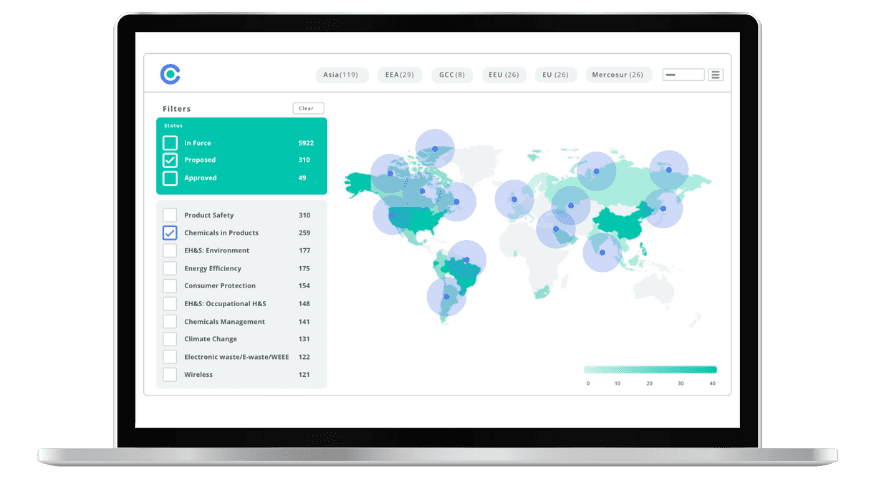
Chemicals Quarterly – Q2 2025 Regulatory Update
Your Q2 2025 update on key regulatory changes affecting chemicals in products worldwide.
